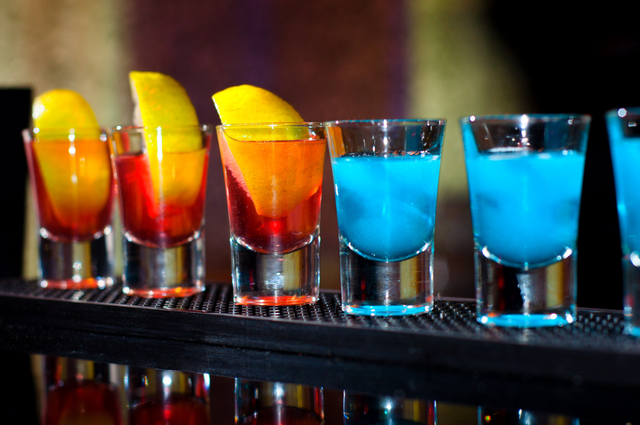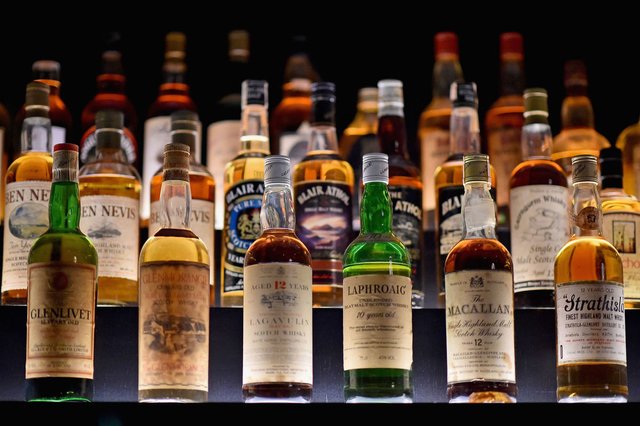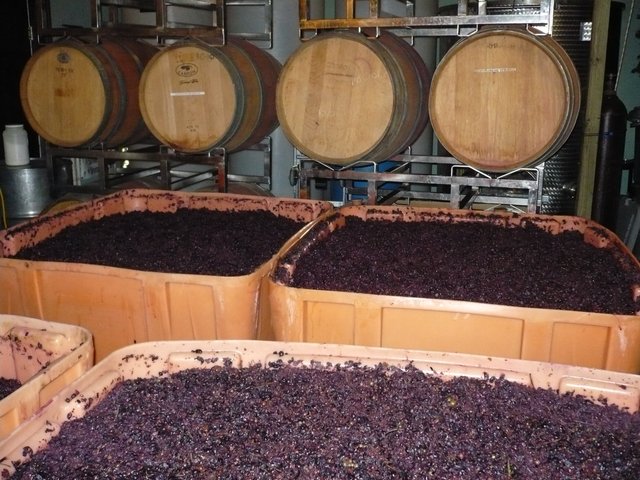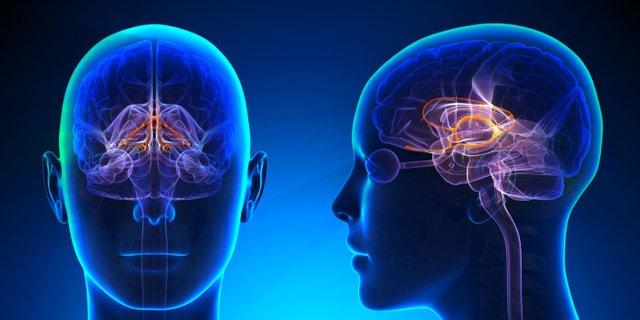What Really Happens To Our Brains When We Drink Alcohol?
Alcohol has embedded itself in cultures all over the world, and like me, I am sure you enjoy a drink from time to time. Whether that drink be a glass of wine with dinner, or a pint in the pub with your friends, drinking alcohol is for the most part an enjoyable, fun experience.
But, as I am sure you are all aware, there is an equally dark side to alcohol. Binge drinking has become an increasing global concern as a 'live for the weekend' mentality engulfs many young peoples lives as they feel unfulfilled with their daily lives.
In 2014 it was estimated that there were over 8500 alcohol related deaths in the UK alone, highlighting it's true dangers and the severity of alcohol abuse.
But the big question is, just what is happening to our brain when we consume alcohol?
What is alcohol?
Before we delve into the affects of alcohol, I think it is important to first understand what alcohol actually is.
The chemical name for alcohol is alkanol, and Ethanol is the most commonly found type of alcohol which is represented by the chemical formula CH3CH2OH or C2H5OH. There are however, several different types of alcohol which depend on the number of atoms present and the placement of OH bond.
Alcohol is produced through a process called fermentation. In the right environment, sugar is combined with yeast which breaks down the sugar into carbon dioxide and alcohol. In the example of wine, the sugar comes from the grapes.
How does alcohol reach the brain?
When a person drinks or consumes alcohol it has to enter the bloodstream in order to reach the brain. This happens through a process called metabolism, where substances are broken down and separated into different compounds.
When alcohol reaches the brain through the bloodstream it affects the receptor sites for the neurotransmitters GABA, dopamine and glutamine (neurotransmitters essentially cary messages to and from the brain).
Let's break down what alcohol does to each of these neurotransmitters.
Gabba
Alcohol increases the amount of Gabba that is transmitted in the brain. This neurotransmitter is responsible for excitability in the brain and when increased amounts are present in the brain it slows processes. This is why drunk people have trouble walking, speaking and remembering their drunken night.
Endorphins
Endorphins are produced by the central nervous system and are released into the body to help reduce the effects of pain, they are essentially the body's natural painkiller. When alcohol is consumed it releases endorphins in the brain. Over long periods of time, constantly high levels of endorphins can lead to serious problems such as depression and infertility. The release of endorphins while drinking also explains why drunk people often appear to not feel pain.
Dopamine
Dopamine is a neurotransmitter that you are most likely familiar with, you might have heard it been called the 'love hormone', as it is released when we feel pleasure. When consuming alcohol, dopamine is released in excess and this is why we feel happy when we drink, our brain is basically rewarding our drinking behaviour.
The feeling of pleasure and reward when we drink is why some people can become addicted and dependant on alcohol, over long periods of time the excess levels of dopamine in the brain make it difficult for people to feel pleasure without alcohol. This can lead to further levels of addiction, depression and even muscle problems.
I hope you guys have enjoyed reading this post and learning about how alcohol affects the brain. But remember, alcohol in moderation is a fun and enjoyable, but when abused it can be very dangerous!
If you enjoyed this, then you might like my previous posts!
Virtual Reality - The technology changing medicine forever!
Well, Now You Know - #6 What Causes a Tornado?
Is-ching-shih-the-most-bad-ass-women-in-history?
What was the worlds most successful unsolved art heist?
Back Soon
Will



